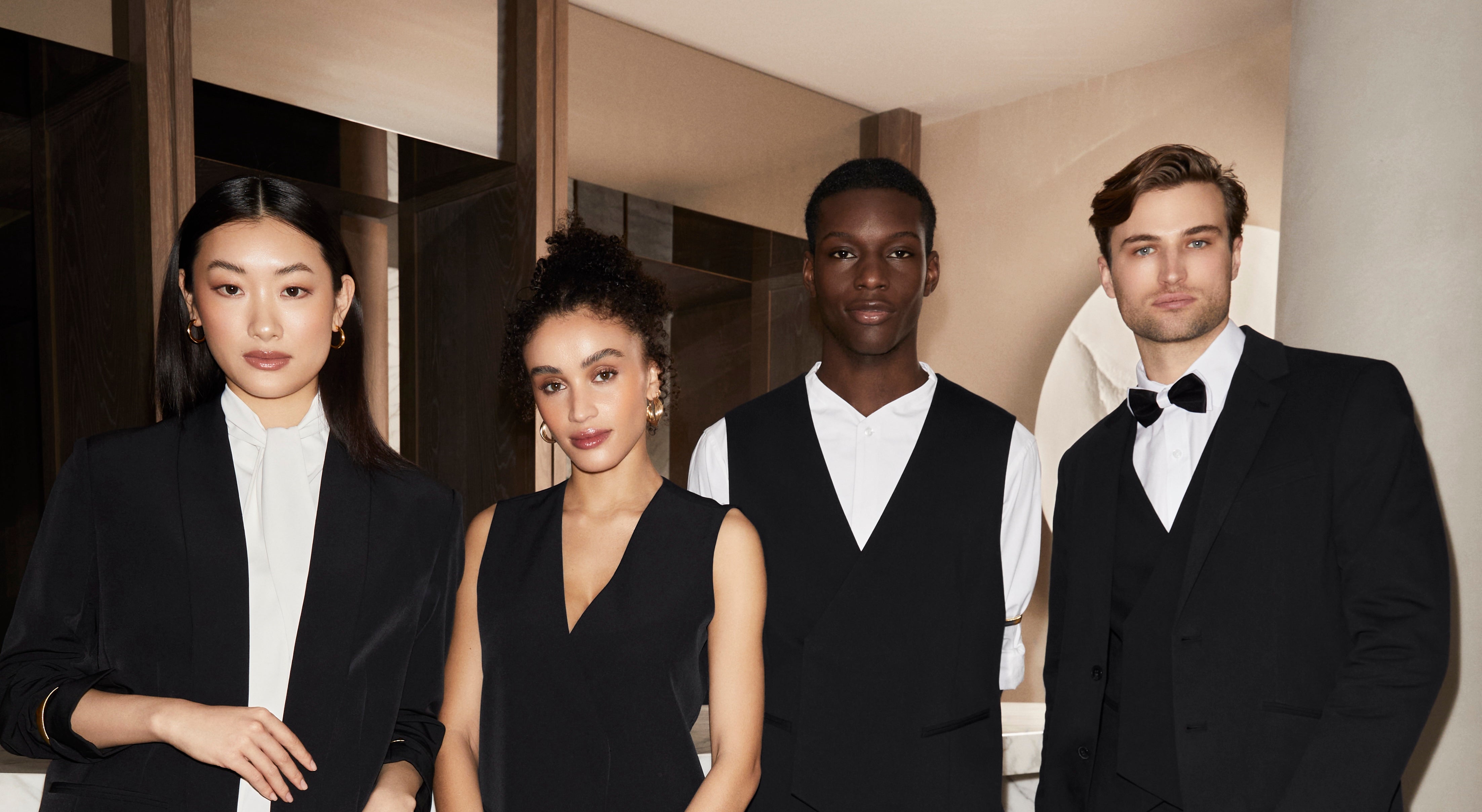Embracing Sustainability in Luxury Employee Fashion
In the world of luxury hospitality, where elegance and sophistication are paramount, a new trend is emerging that marries style with sustainability. Hotels and resorts are increasingly recognising the importance of eco-friendly practices, not just in their operations but also in the attire of their employees. This shift towards sustainable fashion is not only enhancing the guest experience but also setting a new standard for the industry.
The Rise of Sustainable Fashion
Sustainable fashion is no longer a niche concept; it has become a global movement. The fashion industry, known for its significant environmental impact, is undergoing a transformation. From reducing carbon footprints to ensuring fair labour practices, the focus is on creating a positive impact on the planet and its people. Luxury hotels and resorts, always at the forefront of innovation, are now leading the charge in adopting sustainable fashion for their employees.
Eco-Friendly Materials
One of the key aspects of sustainable fashion is the use of eco-friendly materials. Hotels and resorts are opting for uniforms made from organic cotton, bamboo, and recycled fabrics. These materials not only reduce environmental impact but also offer superior comfort and durability. For instance, organic cotton is grown without harmful pesticides, making it a healthier choice for both the environment and the wearer.
Ethical Production Practices
Sustainability in fashion goes beyond materials; it encompasses the entire production process. Ethical production practices ensure that garments are made in safe working conditions, with fair wages and respect for workers’ rights. Luxury hotels and resorts are partnering with suppliers who adhere to these principles, ensuring that their employees’ uniforms are produced responsibly.
Timeless Design
In the fast-paced world of fashion, trends come and go. However, sustainable fashion emphasizes timeless design over fleeting trends. By choosing classic, versatile styles, hotels and resorts can reduce the need for frequent uniform replacements. This not only minimizes waste but also ensures that employees always look polished and professional.
Customization and Local Sourcing
Customization is a hallmark of luxury, and sustainable fashion is no exception. Hotels and resorts are working with local artisans and designers to create bespoke uniforms that reflect their unique brand identity. This approach not only supports local economies but also reduces the carbon footprint associated with transportation.
Educating and Engaging Employees
Sustainability is a collective effort, and engaging employees in this journey is crucial. Hotels and resorts are implementing training programs to educate their staff about the importance of sustainable fashion. By fostering a culture of sustainability, employees become ambassadors for eco-friendly practices, both within the workplace and beyond.
The Guest Experience
For guests, the commitment to sustainability enhances their overall experience. Knowing that their chosen hotel or resort prioritizes eco-friendly practices adds a layer of satisfaction and loyalty. Sustainable uniforms, with their superior quality and thoughtful design, contribute to a positive impression and reinforce the brand’s values.
Looking Ahead
The future of luxury employee fashion in hotels and resorts is undoubtedly green. As sustainability continues to gain momentum, we can expect to see even more innovative approaches to eco-friendly uniforms. From biodegradable fabrics to zero-waste production techniques, the possibilities are endless.
In conclusion, the integration of sustainable fashion in the luxury hospitality sector is a testament to the industry’s commitment to a better future. By embracing eco-friendly materials, ethical production practices, and timeless design, hotels and resorts are setting a new standard for excellence. This shift not only benefits the environment but also enhances the guest experience, proving that luxury and sustainability can indeed go hand in hand.

